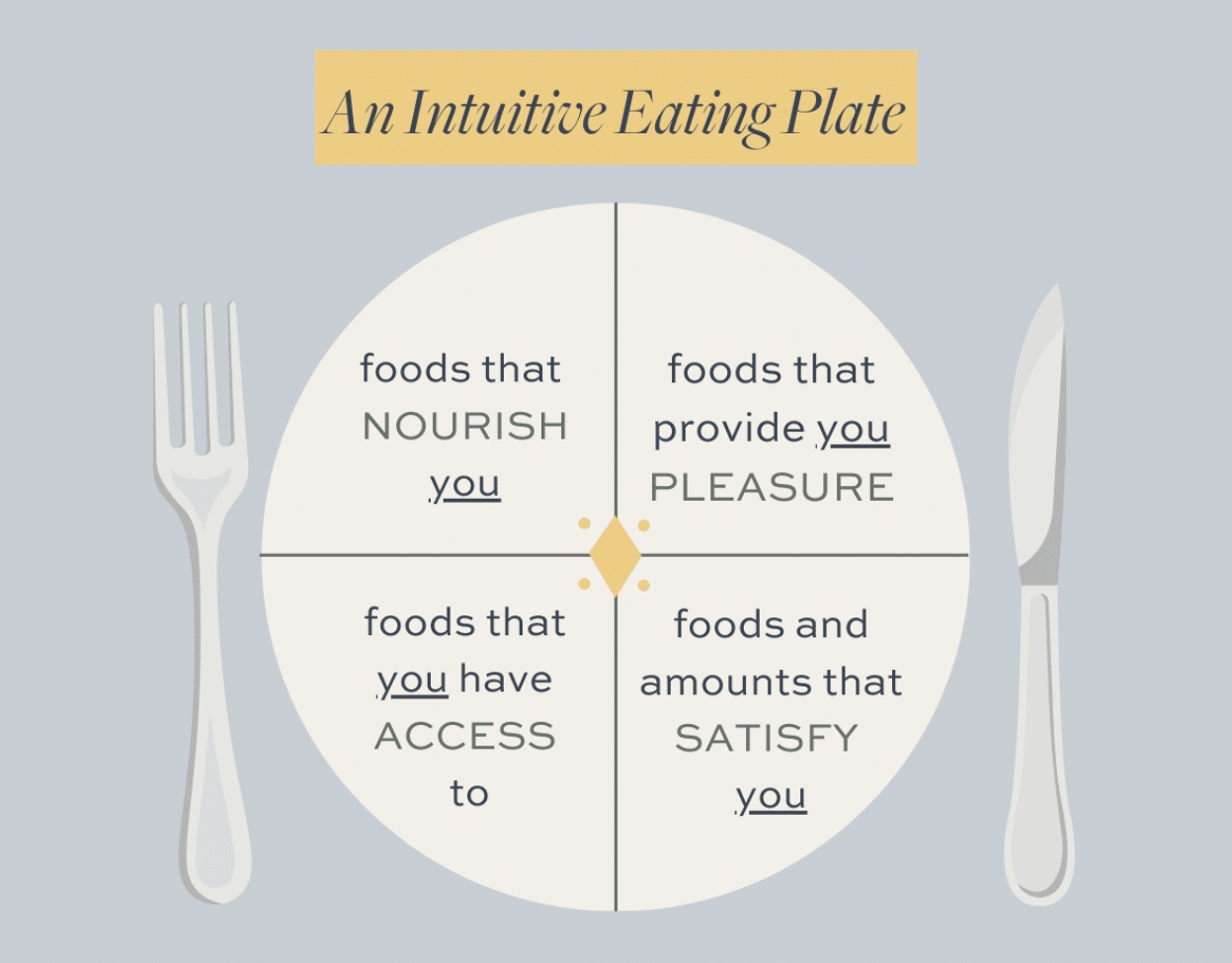Restrictive diets pitfalls
If you were raised in the diet culture, you know the old phrase eat less to lose weight. Growing up, I was a “husky” kid and watched my parents constantly on a diet, drinking diet soda, and over all yoyoing with their restrictions. Compliance for a few days then non-compliance. Having an overly restrictive diet can be very dangerous for you in body and mind. Restrictive dieting can negatively impact mental health in several ways:
Psychological Stress
- Obsessive Thoughts: Constantly thinking about food, calories, and weight can lead to anxiety and preoccupation.
- Social Isolation: Avoiding social situations involving food can result in loneliness and reduced social support.
- Guilt and Shame: Deviating from strict diet rules can cause feelings of guilt and shame, lowering self-esteem.
- Increased Stress: The pressure to maintain restrictive eating patterns can lead to chronic stress.
Biological Impact
- Nutrient Deficiencies: Restrictive diets may lead to deficiencies in essential nutrients, affecting brain function and mood.
- Hormonal Imbalances: Inadequate nutrition can disrupt hormones that regulate mood, such as serotonin.
- Energy Levels: Lack of sufficient calories and nutrients can result in fatigue and decreased mental alertness.
Emotional Consequences
- Mood Swings: Inconsistent food intake can cause blood sugar fluctuations, leading to mood swings and irritability.
- Eating Disorders: Restrictive dieting can be a gateway to more serious eating disorders, such as anorexia or bulimia.
- Depression and Anxiety: Chronic dieting and the associated stress can increase the risk of developing depression and anxiety disorders.
Social and Behavioral Effects
- Disordered Eating Habits: Restrictive dieting can lead to binge eating, emotional eating, and other unhealthy eating behaviors.
- Negative Relationship with Food: Viewing food as the enemy can create a harmful relationship with eating and body image.
- Reduced Quality of Life: Constant dieting and worrying about food can detract from enjoying life and participating in activities.
Overcoming the Negative Impact
- Adopt Balanced Eating: Focus on a balanced and varied diet that includes all food groups.
- Practice Mindfulness: Be mindful of your eating habits and listen to your body’s hunger and fullness cues.
- Seek Support: Engage with supportive friends, family, or a therapist to navigate eating challenges.
- Focus on Health, Not Weight: Shift the focus from weight loss to overall health and well-being.
Restrictive dieting can create a cycle of negative emotions and behaviors that harm mental health. Emphasizing balanced nutrition and a positive relationship with food is crucial for maintaining both physical and mental well-being.




